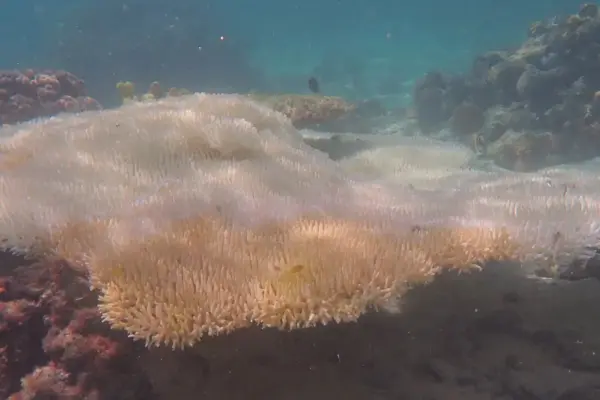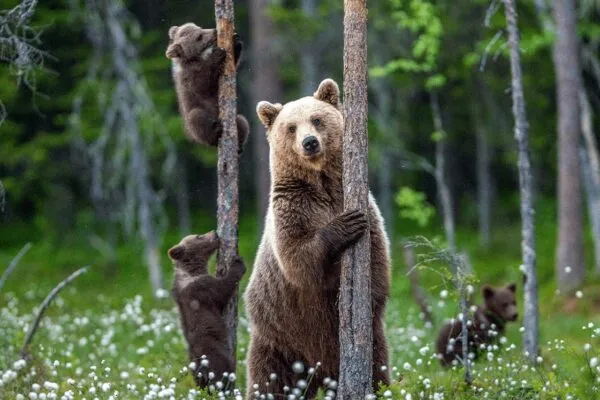Making Peace with Nature: UNEP Report Draws Blueprint to Address Planetary Emergencies
The world is hurtling toward an environmental catastrophe given the changing climate, biodiversity, and pollution crisis. A new report by the UN Environment Programme (UNEP) draws up a blueprint to address planetary emergencies. The report suggests the world transform its relationship with nature and tackle the threats against the environment.
Titled “Making Peace with Nature,” the report lays out the severity of these three environmental crises by drawing on global assessments, including those from the Intergovernmental Panel on Climate Change and the Intergovernmental Science-Policy Platform for Biodiversity and Ecosystem Services, as well as UNEP’s Global Environment Outlook report, the UNEP International Resource Panel, and new findings on the emergence of zoonotic diseases such as the current coronavirus.

UNEP has drawn up an efficient blueprint to address planetary emergencies | Image: UNEP
The report accounts for the links between multiple environmental and development challenges and explains how developments in science and strong policymaking can pave a way toward the achievement of the Sustainable Development Goals by 2030 and a carbon-free world by 2050; while reducing the trend of biodiversity loss and curbing pollution and waste. Working to amend all these things, the world can actually restore ecosystems and stabilize the climate.
UN Secretary-General António Guterres said in the report’s Foreword,
By bringing together the latest scientific evidence showing the impacts and threats of the climate emergency, the biodiversity crisis, and the pollution that kills millions of people every year, [this report] makes clear that our war on nature has left the planet broken. But it also guides us to a safer place by providing a peace plan and a post-war rebuilding programme.
He further added that by transforming the outlook on nature, its true value can be recognized. Through a reflection of this value in policies, plans, and economic systems, the investments can be channelized into activities to restore nature. The blueprint talks about the opportunity and urgency for ambitious and immediate action. It also notes the roles that everyone – from governments and businesses to communities and individuals – can play and must play.
2021 is especially a crucial year for the environment – with upcoming climate and biodiversity convention meetings including UNFCC COP 26 and CBD COP 15, where governments must come up with synergistic and ambitious targets to safeguard and the planet by almost eliminating the carbon emissions in this decade.
The report made some suggestions to cope with these environmental threats. Moreover, these guidelines will also help to prevent future diseases such as the COVID-19 crisis. Highlighting the impacts of ecosystem degradation as the risk of pathogens making a jump from animals to humans, and the importance of a ‘One Health’ approach to safeguard humans, animals, and planetary health together.


